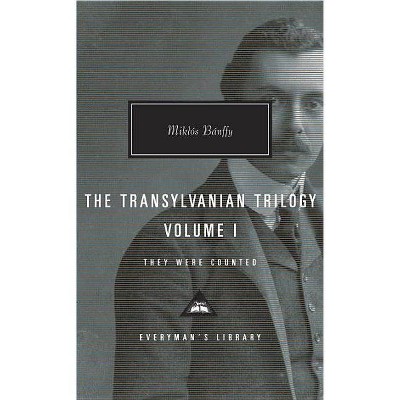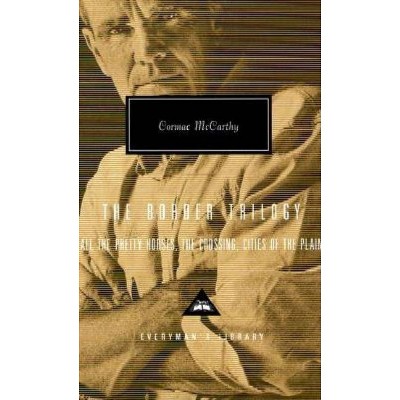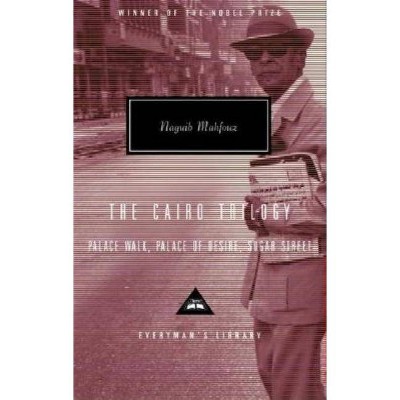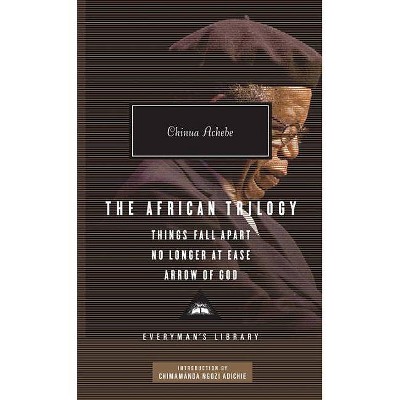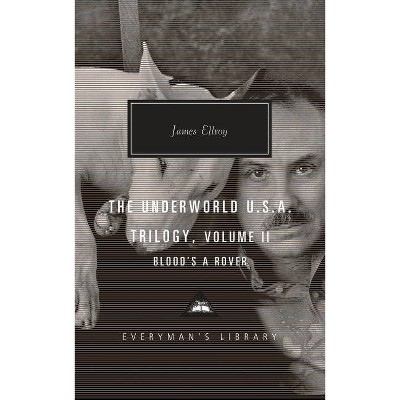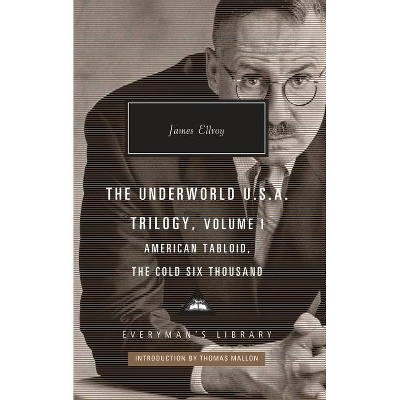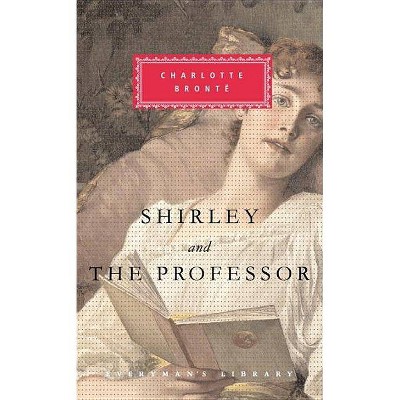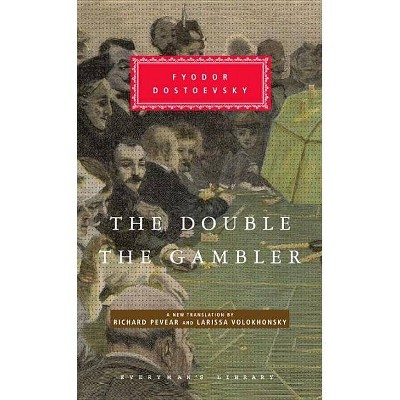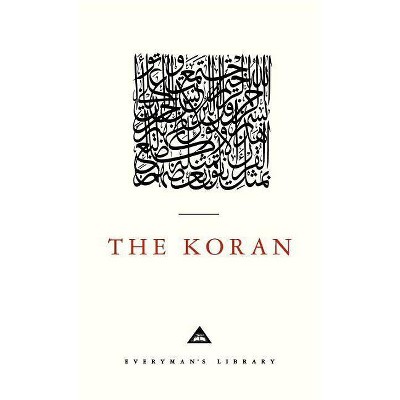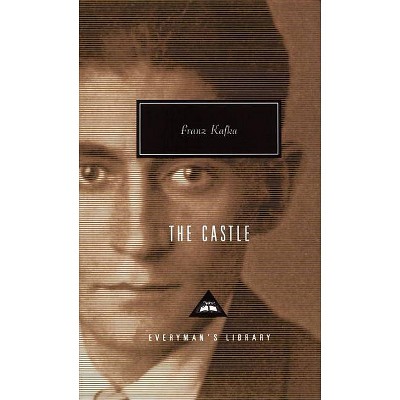The Transylvanian Trilogy, Volumes II and III - (Everyman's Library Contemporary Classics) by Miklos Banffy (Hardcover)
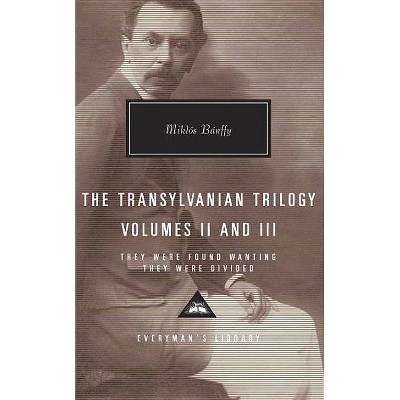
Similar Products
Products of same category from the store
AllProduct info
<p/><br></br><p><b> About the Book </b></p></br></br>"The celebrated Transylvanian Trilogy by Count Miklos Banffy is a stunning historical epic set in the lost world of the Hungarian aristocracy just before World War I. Written in the 1930s and first discovered by the English-speaking world after the fall of communism in Hungary, Banffy's novels were translated in the late 1990s to critical acclaim and now appear for the first time in hardcover... They Were Found Wanting and They Were Divided, the second and third novels in the trilogy continues the story of the two aristocratic cousins introducted in They were Counted.--Page 2 of cover.<p/><br></br><p><b> Book Synopsis </b></p></br></br><b>**<i>Washington Post</i> Best Books of 2013**<br></b><br>The celebrated TRANSYLVANIAN TRILOGY by Count Miklós Bánffy is a stunning historical epic set in the lost world of the Hungarian aristocracy just before World War I. Written in the 1930s and first discovered by the English-speaking world after the fall of communism in Hungary, Bánffy's novels were translated in the late 1990s to critical acclaim and appear here for the first time in hardcover. <p/><i>They Were Found Wanting </i>and <i>They Were Divided, </i>the second and third novels in the trilogy, continue the story of the two aristocratic cousins introduced in <i>They Were Counted </i>as they navigate a dissolute society teetering on the brink of catastrophe. Count Balint Abády, a liberal politician who defends his homeland's downtrodden Romanian peasants, loses his beautiful lover, Adrienne, who is married to a sinister and dangerously insane man, while his cousin László loses himself in reckless and self-destructive addictions. Meanwhile, no one seems to notice the gathering clouds that are threatening the Austro-Hungarian Empire and that will soon lead to the brutal dismemberment of their country. Set amid magnificent scenery of wild forests, snowcapped mountains, and ancient castles, THE TRANSYLVANIAN TRILOGY combines a Proustian nostalgia for a lost world, insight into a collapsing empire reminiscent of the work of Joseph Roth, and the drama and epic sweep of Tolstoy.<p/><br></br><p><b> Review Quotes </b></p></br></br><br>"<i>The Transylvanian Trilogy</i> is worth every penny. Set during the last years of the Austro-Hungarian Empire, when Europe as a whole is slipping toward a cataclysmic war, it's a saga of shortsighted politics and illicit love, of progressivism at loggerheads with entrenched interests, of servants outfoxing their masters--all kept in breathtaking balance by the power of the author's artistry. --<i>Washington Post</i> (Notable Fiction of 2013) <p/>A genuine case of a rediscovered classic. The force of Bánffy's enthusiasm produces an effect rather like that of the best Trollope novels, but coming from a past world that now seems excitingly exotic. -<i>Times Literary Supplement </i>(London) <p/>Bánffy's masterpiece resembles Proust's, [yet] he writes with all the psychological acumen of Dostoevsky. -<i>The London Magazine <p/></i>As good as any fiction I have ever read. . . . Like <i>Anna Karenina</i> and <i>War and Peace</i> rolled into one. Love, sec, town, country, money, power, beauty, and the pathos a society which cannot prevent its own destruction. -Charles Moore, <i>The Daily Telegraph <p/></i>So enjoyable, so irresistible, it is the author's keen political intelligence and refusal to indulge in self-deception which give it unusual distinction. It's a novel that, read at the gallop for sheer enjoyment, is likely to carry you along. But many will want to return to it for a second, slower reading to savour its subtleties and relish the author's intelligence. -<i>The Scotsman <p/></i>Fascinating. He writes about his quirky border lairds and squires and the high misty forest ridges and valleys of Transylvania with something of the ache that Czeslaw Milosz brings to the contemplation of this lost Eden. -<i>The Guardian<br></i><br><p/><br></br><p><b> About the Author </b></p></br></br><b>Count Miklós Bánffy</b> (1873-1950) was a Hungarian nobleman with extensive estates in Hungarian Transylvania (now Romania). He was the first patron of composer Béla Bartók and briefly Hungarian foreign minister after World War I. His castle and great library were deliberately destroyed by the retreating Nazis in 1944.
Price History
Cheapest price in the interval: 32 on November 8, 2021
Most expensive price in the interval: 32 on December 20, 2021
Price Archive shows prices from various stores, lets you see history and find the cheapest. There is no actual sale on the website. For all support, inquiry and suggestion messagescommunication@pricearchive.us
